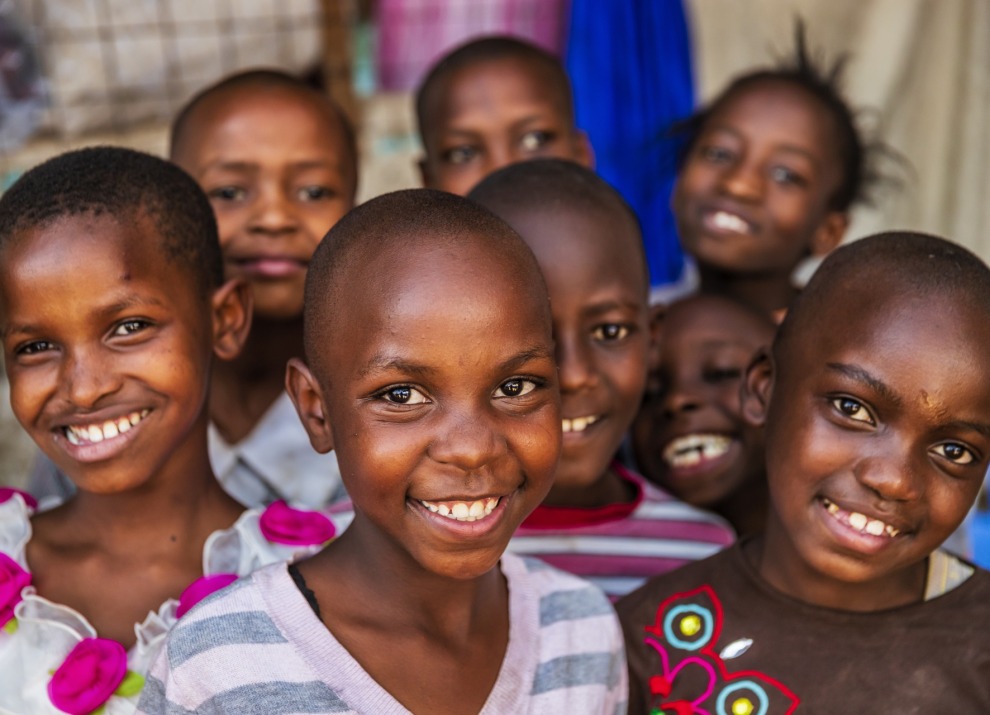Typhoid-causing Bacteria Showing Increasing Resistance to Drug Treatments

In the largest study of its kind, an international collaborative of researchers including Sabin Vaccine Institute’s Denise Garrett, have found that bacteria causing typhoid are becoming increasing resistant to antibiotics and spreading globally, spurring new concerns about efforts to control the disease. Dr. Garrett is the vice president of Sabin’s applied epidemiology program and a long-time infectious diseases researcher.
The study appeared in The Lancet on June 21. Some highlights:
- Genomic sequencing of bacterial samples was collected from typhoid patients in India, Bangladesh, Nepal, and Pakistan over five years, ending in 2019. Researchers also analyzed 4000 more S. Typhi samples from more than 70 countries going back to 1905.
- Drug-resistant strains — almost all of them originating in South Asia — have spread to other countries in nearly 200 cases in the last three decades.
Mutations that made bacteria resistant to azithromycin — a widely used antibiotic — were found at least seven times in the past 20 years. - The global spread of the disease reinforces the need to see typhoid and antibiotic resistance as a global problem, rather than one contained to low- and middle-income countries.
Key facts about typhoid:
- Typhoid fever is a life-threatening infection caused by the bacterium Salmonella Typhi. It is usually spread through contaminated food or water.
- An estimated 11–20 million people get sick from typhoid and around 150,000 people die from it every year.
- In addition to two long-standing vaccines, a new typhoid conjugate vaccine with longer lasting immunity was prequalified by the World Health Organization in December 2017.
In the media:
- Antibiotic-Resistant Typhoid From Asia Is Spreading Worldwide – Bloomberg (June 21, 2022)
- Typhoid-Causing Bacteria are Becoming More Resistant to Essential Antibiotics, Says Lancet Study – The Wire (June 26, 2022)
- ‘Global response’ needed as typhoid evades antibiotics – SciDev.Net (June 29, 2022)







